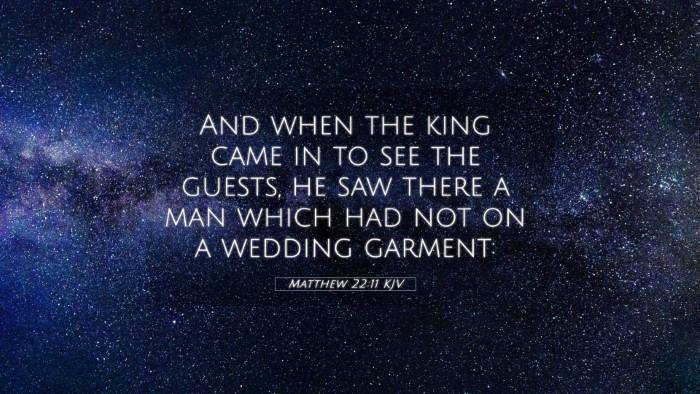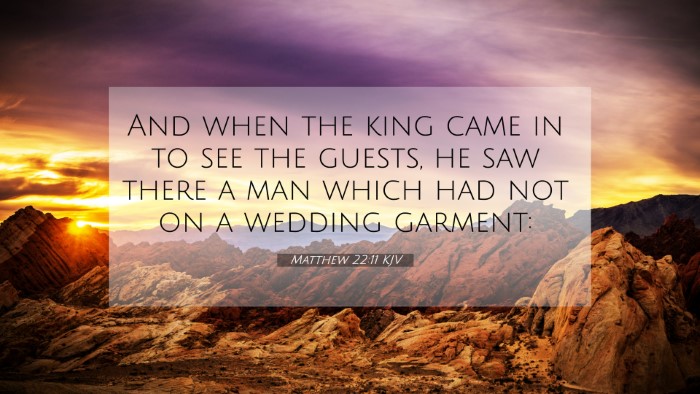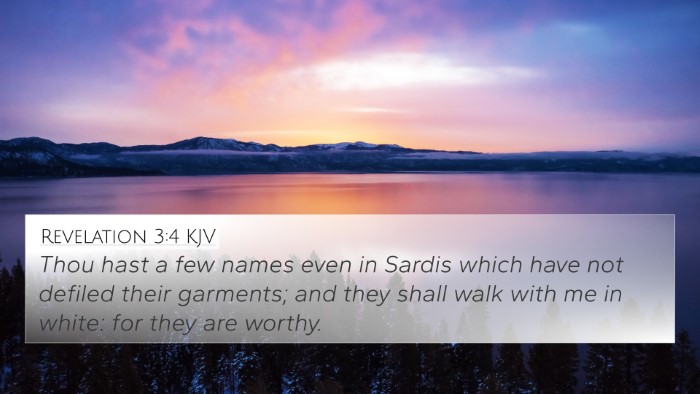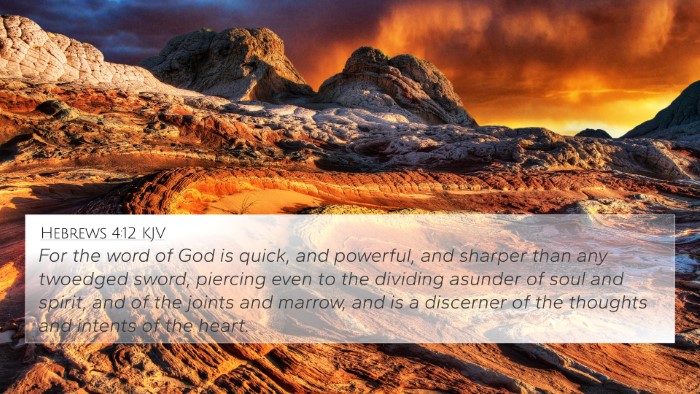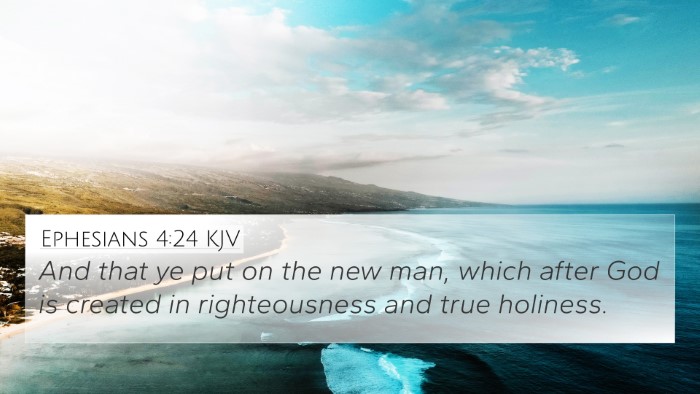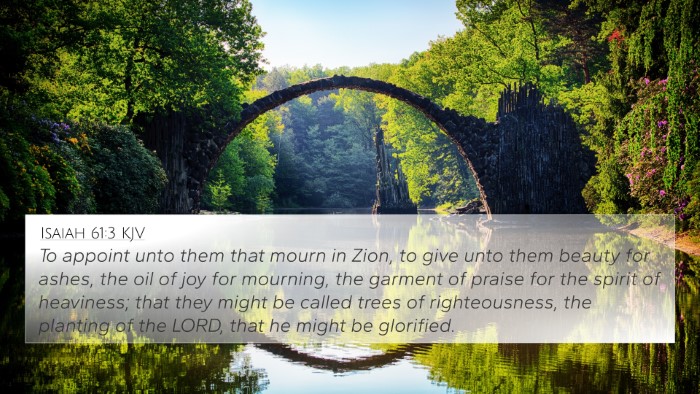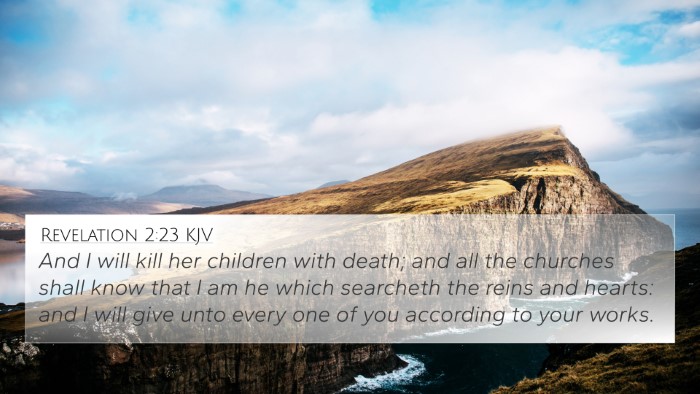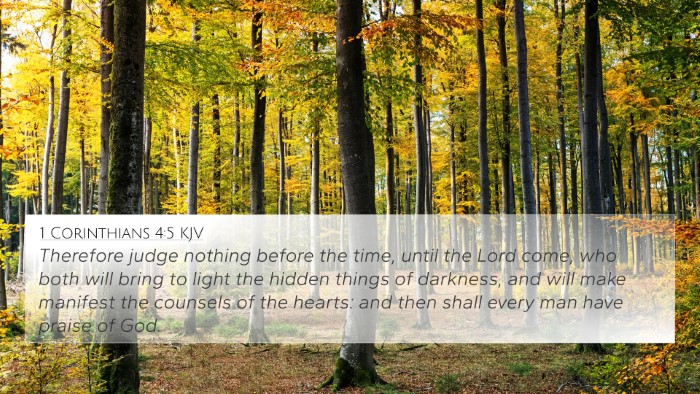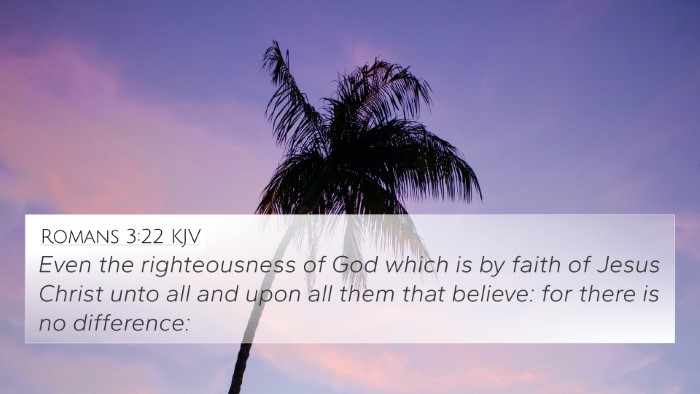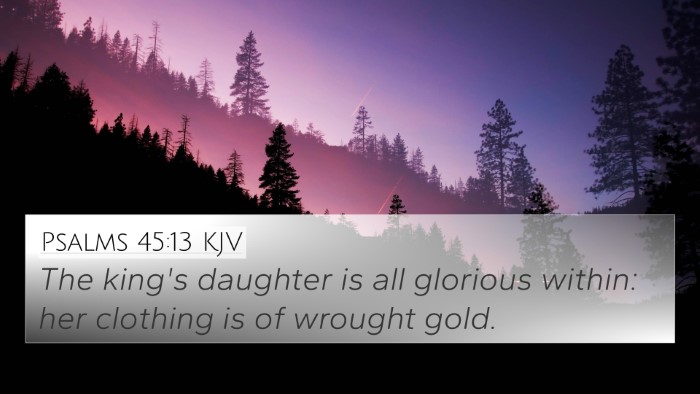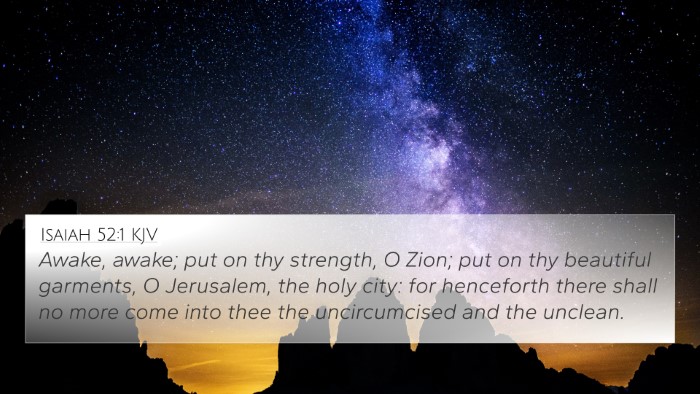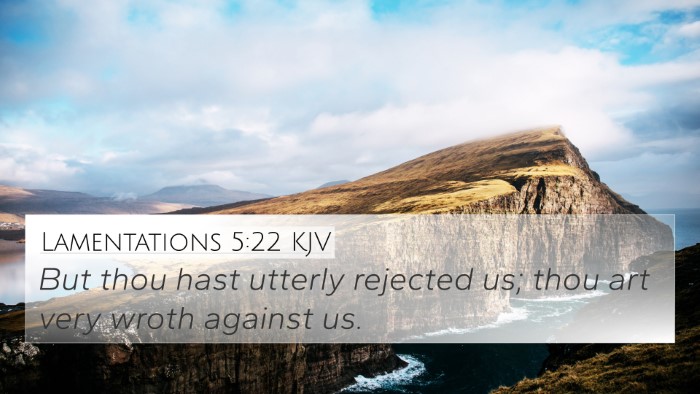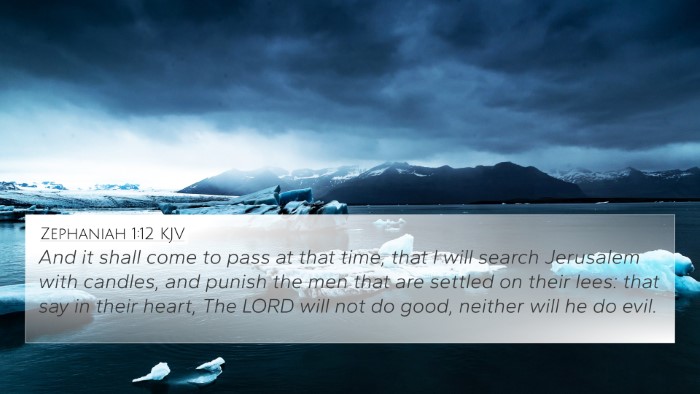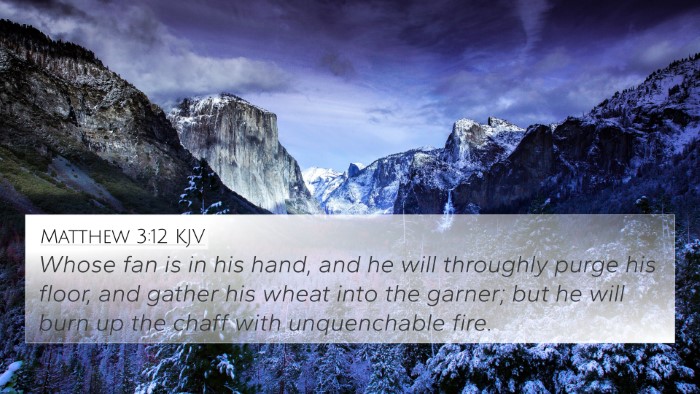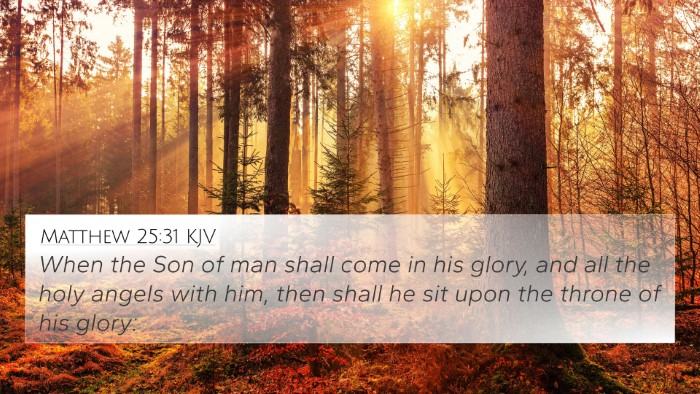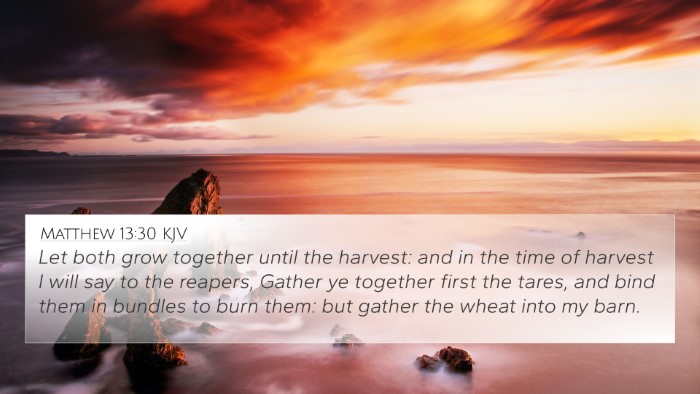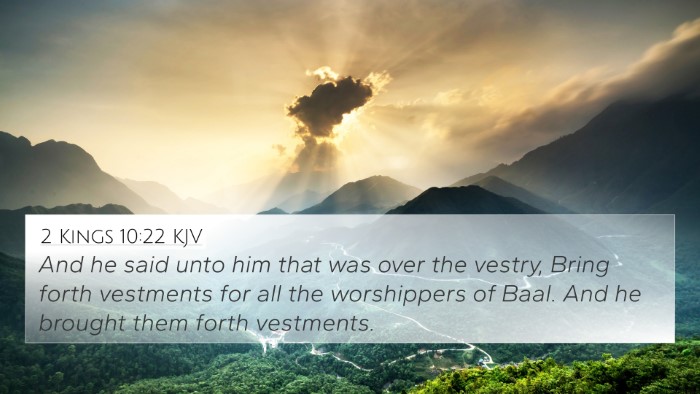Understanding Matthew 22:11
Matthew 22:11 states: "But when the king came in to see the guests, he saw a man there who did not have on a wedding garment." This verse is part of the Parable of the Wedding Feast, where Jesus uses the imagery of a king hosting a wedding banquet to convey profound truths about the Kingdom of Heaven. Below is a summarized interpretation of its meaning, combined from various public domain commentaries.
Verse Context and Themes
This parable addresses key themes such as divine invitation, proper response to God's call, and the seriousness of being prepared for the coming of the Lord. The wedding garment symbolizes the righteousness required to participate in the Heavenly Kingdom.
Commentary Insights
-
Matthew Henry: Henry emphasizes that the wedding garment signifies a state of being made righteous through faith. It illustrates that one must be clothed in Christ's righteousness to enter the Kingdom; otherwise, they will be excluded.
-
Albert Barnes: Barnes notes the cultural significance of the garment, as it was common for hosts to provide garments to guests. The lack of a wedding garment reflects a person's rejection of the invitation's conditions, showing irreverence and unpreparedness.
-
Adam Clarke: Clarke explores the implications of the king's anger towards the improperly dressed guest. He relates it to God's judgment upon those who fail to adhere to the standards set for entering eternal life, indicating the necessity of transformation and holiness.
Bible Verse Cross-References
Matthew 22:11 connects to several other Bible verses illustrating similar themes:
- Isaiah 61:10: “I will greatly rejoice in the LORD, my soul shall be joyful in my God; for He has clothed me with the garments of salvation, He has covered me with the robe of righteousness…”
- Revelation 19:8: “And to her was granted that she should be arrayed in fine linen, clean and white: for the fine linen is the righteousness of saints.”
- 2 Corinthians 5:3: “If indeed, having been clothed, we shall not be found naked.”
- Luke 14:16-24: The similar parable of the great banquet, which emphasizes the necessity of responding rightfully to God’s calling.
- Ephesians 4:24: “And that you put on the new man which was created according to God, in true righteousness and holiness.”
- Philippians 3:9: “And be found in Him, not having my own righteousness, which is from the law, but that which is through faith in Christ, the righteousness which is from God by faith.”
- Matthew 7:21: “Not everyone who says to Me, ‘Lord, Lord,’ shall enter the kingdom of heaven, but he who does the will of My Father in heaven.”
Thematic Bible Verse Connections
The implications of Matthew 22:11 span across both the Old and New Testament, linking to themes of righteousness, divine grace, and human responsibility. The idea of being properly attired for a divine occasion resonates with believers across the scriptures.
Tools for Bible Cross-Referencing
Utilizing tools and resources for cross-referencing can enhance your understanding of how Bible verses relate to one another. Some suggested methods include:
- Utilizing a Bible concordance to find related verses.
- Employing a cross-reference Bible study guide for deeper exploration.
- Exploring Bible reference resources available in digital or print formats.
Inter-Biblical Dialogue
Matthew 22:11 is significant for its role in the broader context of the Bible's narrative. It challenges readers to reflect on their relationship with God and the attitudes they bring to His invitation.
Final Reflections
In conclusion, Matthew 22:11 serves as a powerful reminder of the necessity of being prepared for God's call, symbolized by the wedding garment. The emphasis on righteousness not only underscores an essential Christian belief but also connects this verse with many others in scripture, reinforcing the interconnected nature of the Bible. As you explore these connections, consider using cross-referencing methods to deepen your study and understanding of God’s Word.
Cross-Referenced Themes in the Bible
For those interested in further analysis, there are thematic connections between various scripture passages that illustrate the importance of being prepared, the implications of God's invitation, and living in a manner that reflects divine righteousness.
Conclusion
By studying verses like Matthew 22:11 within their context and relating them to other scriptures, believers can gain a richer understanding of their faith and the expectations God has for His people.

